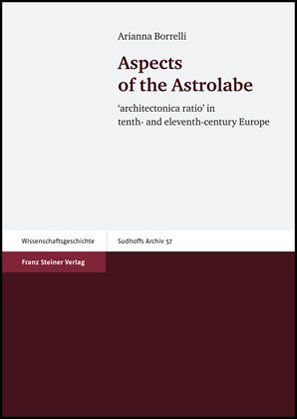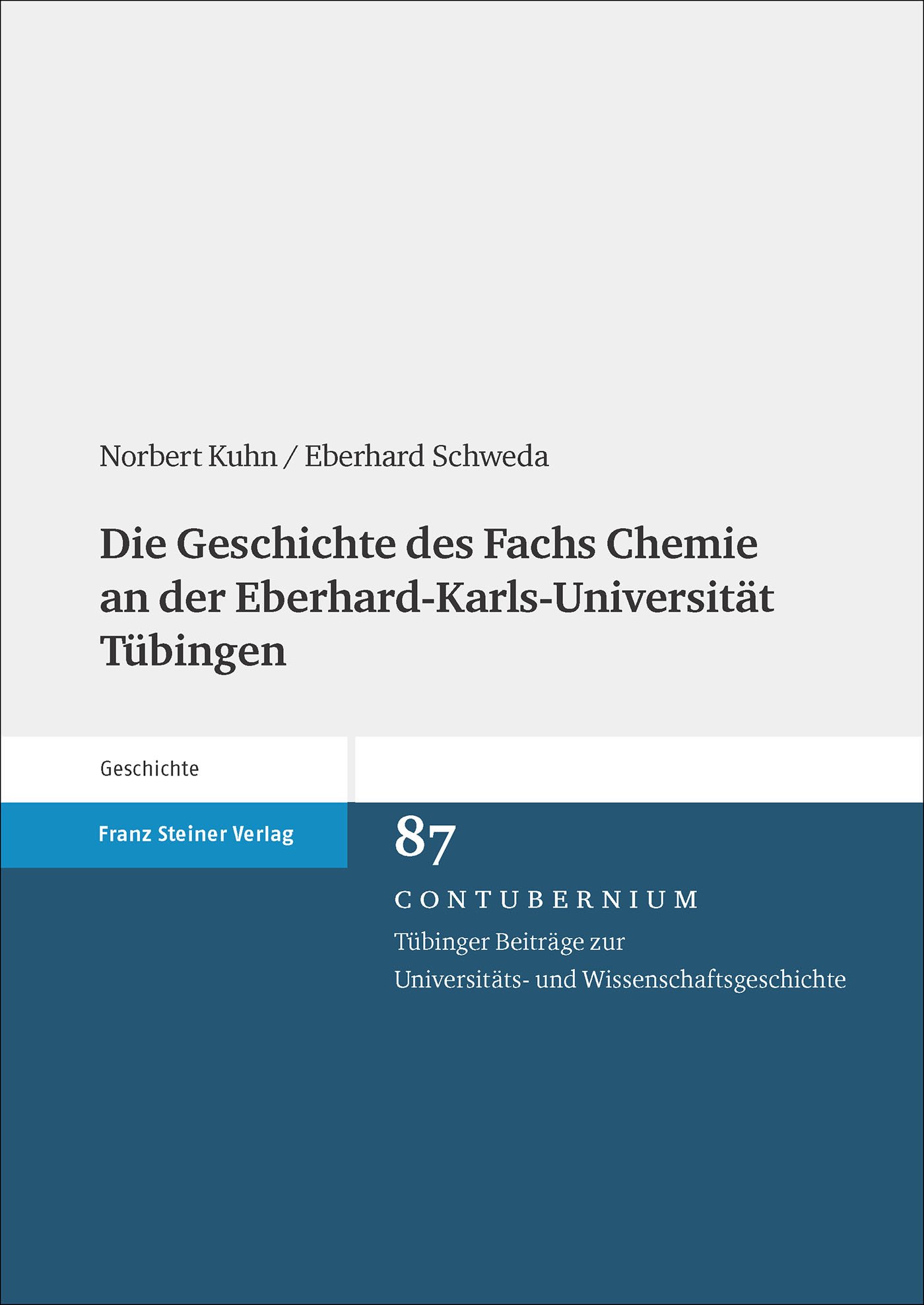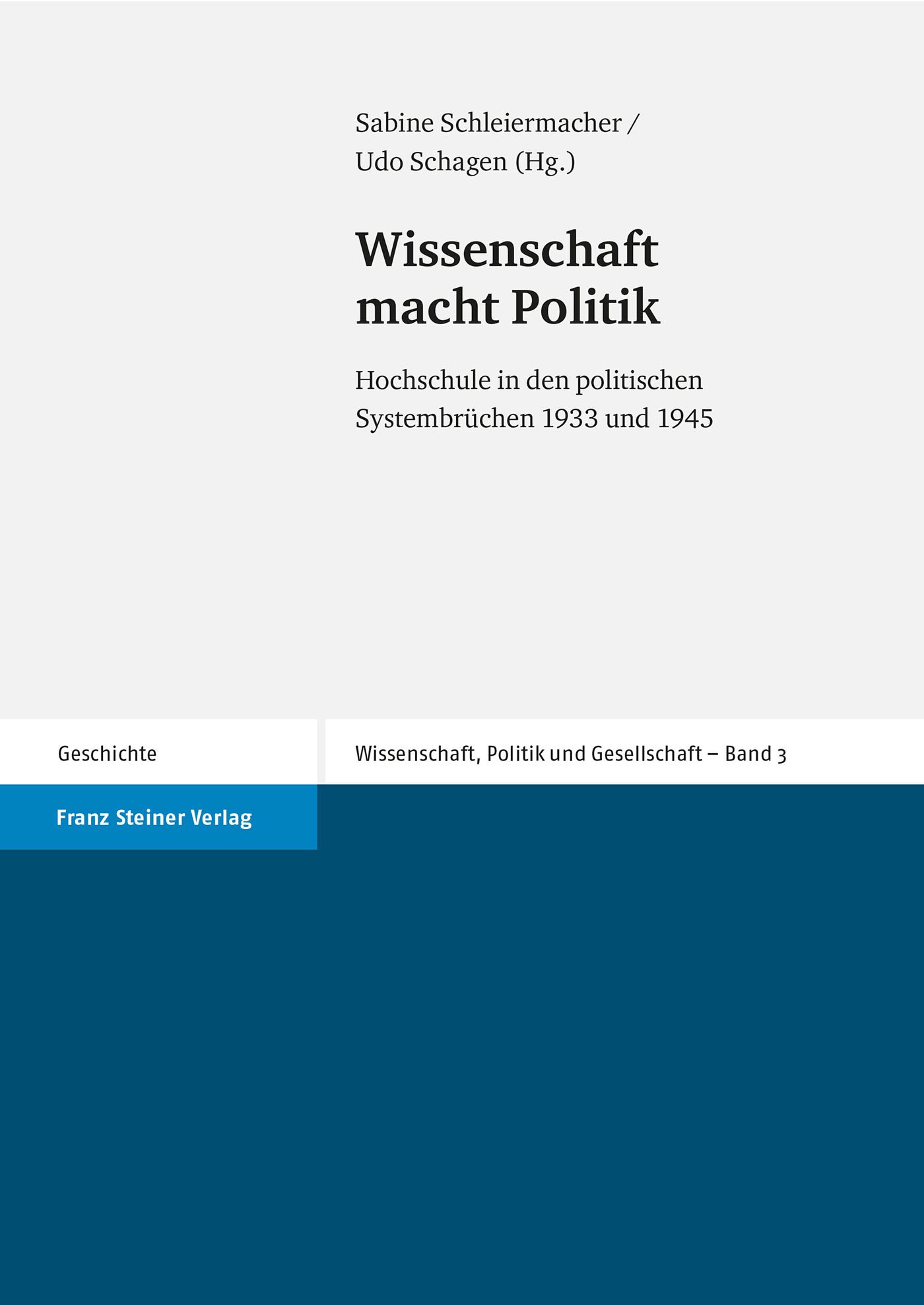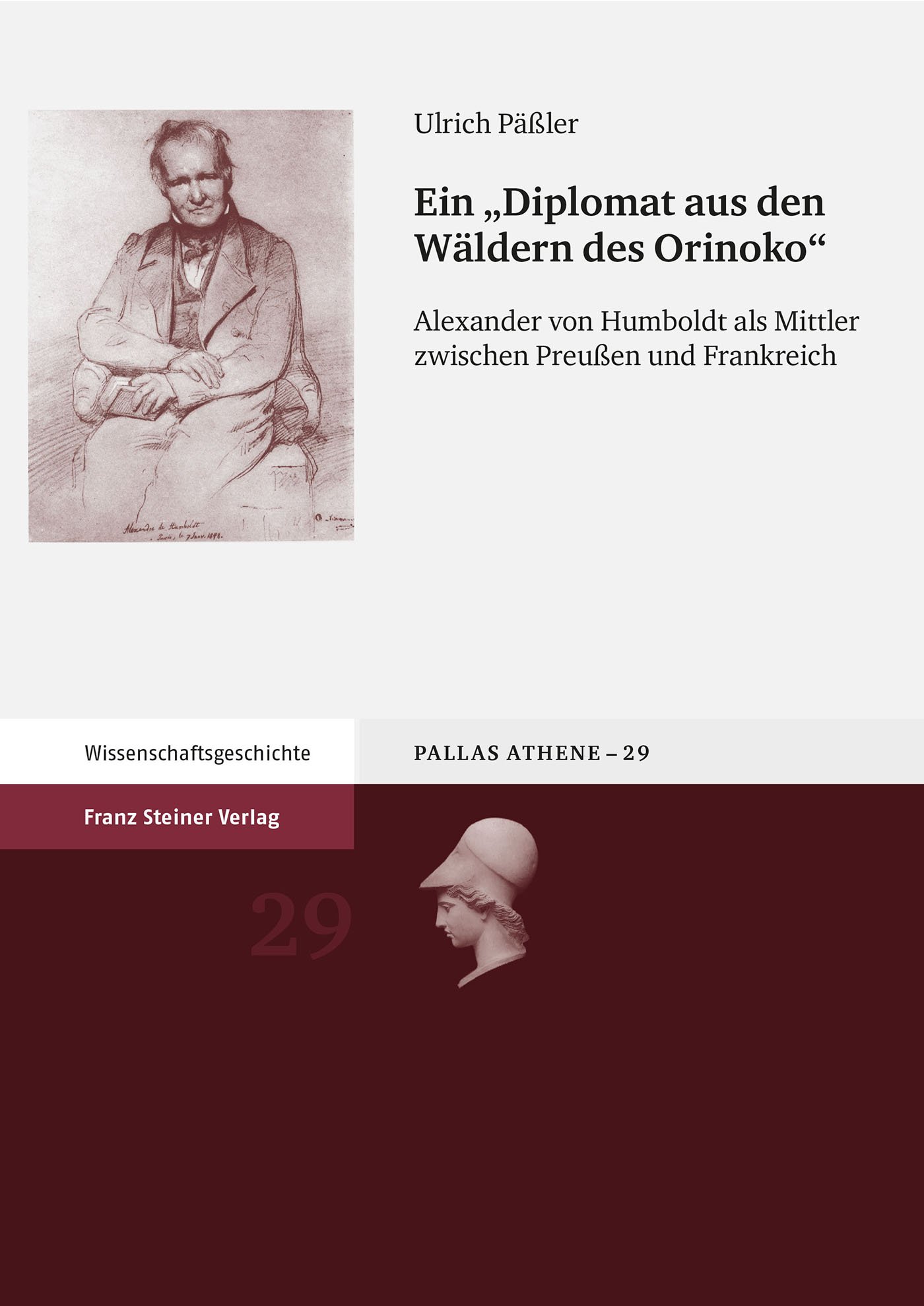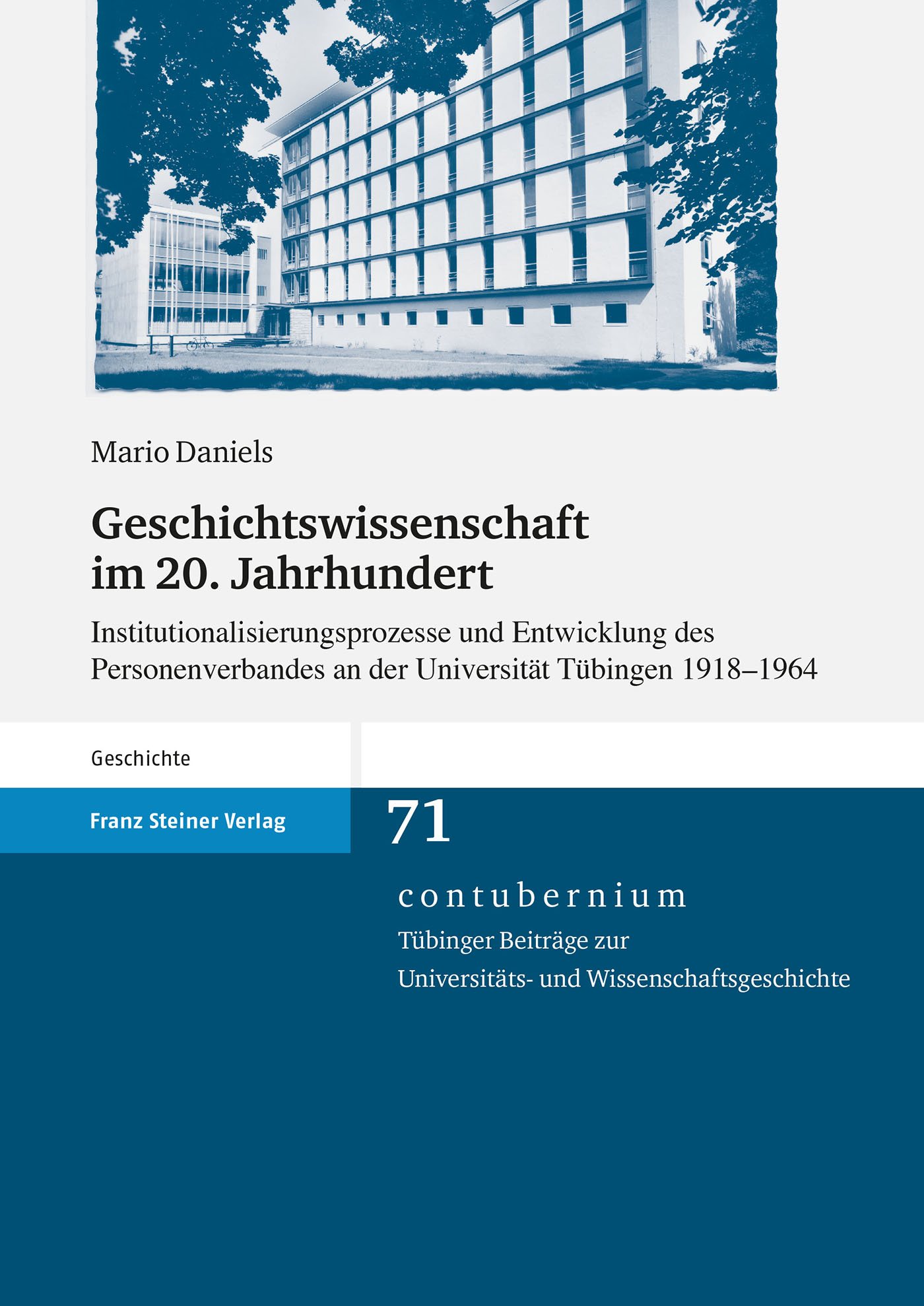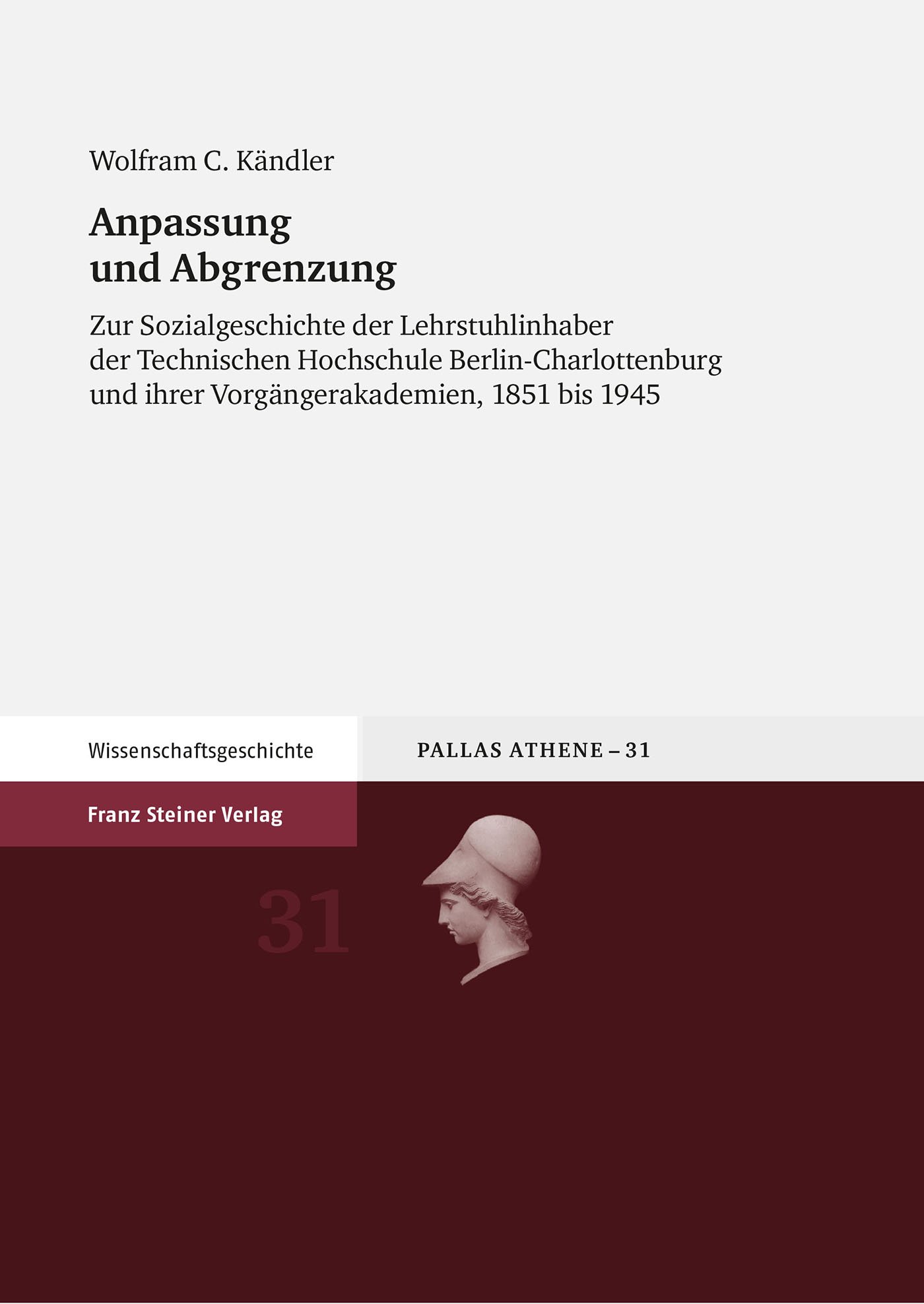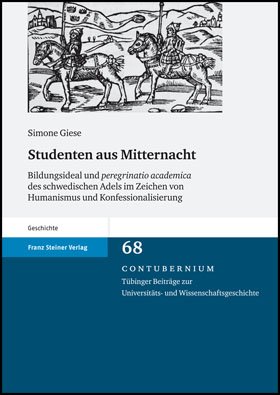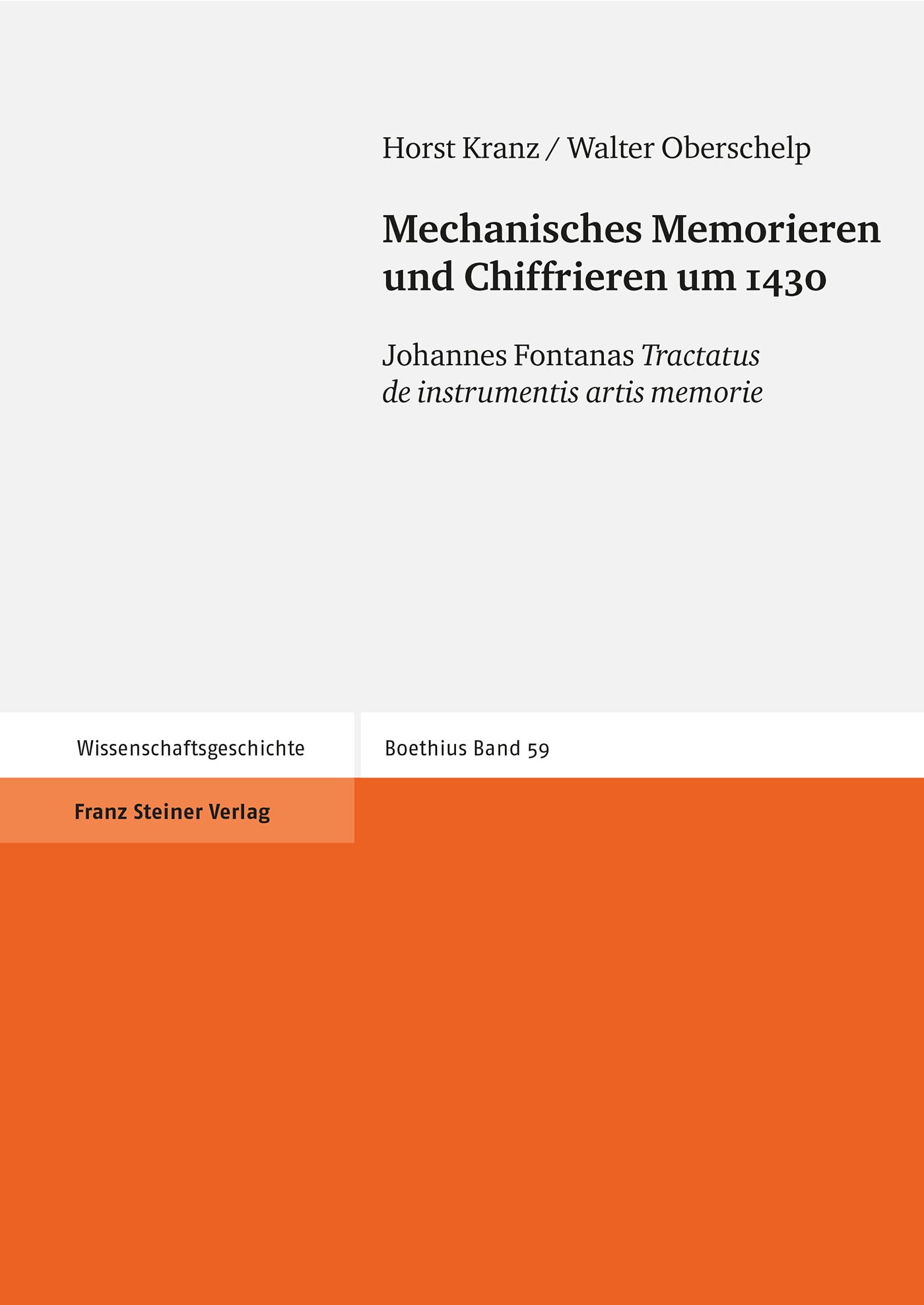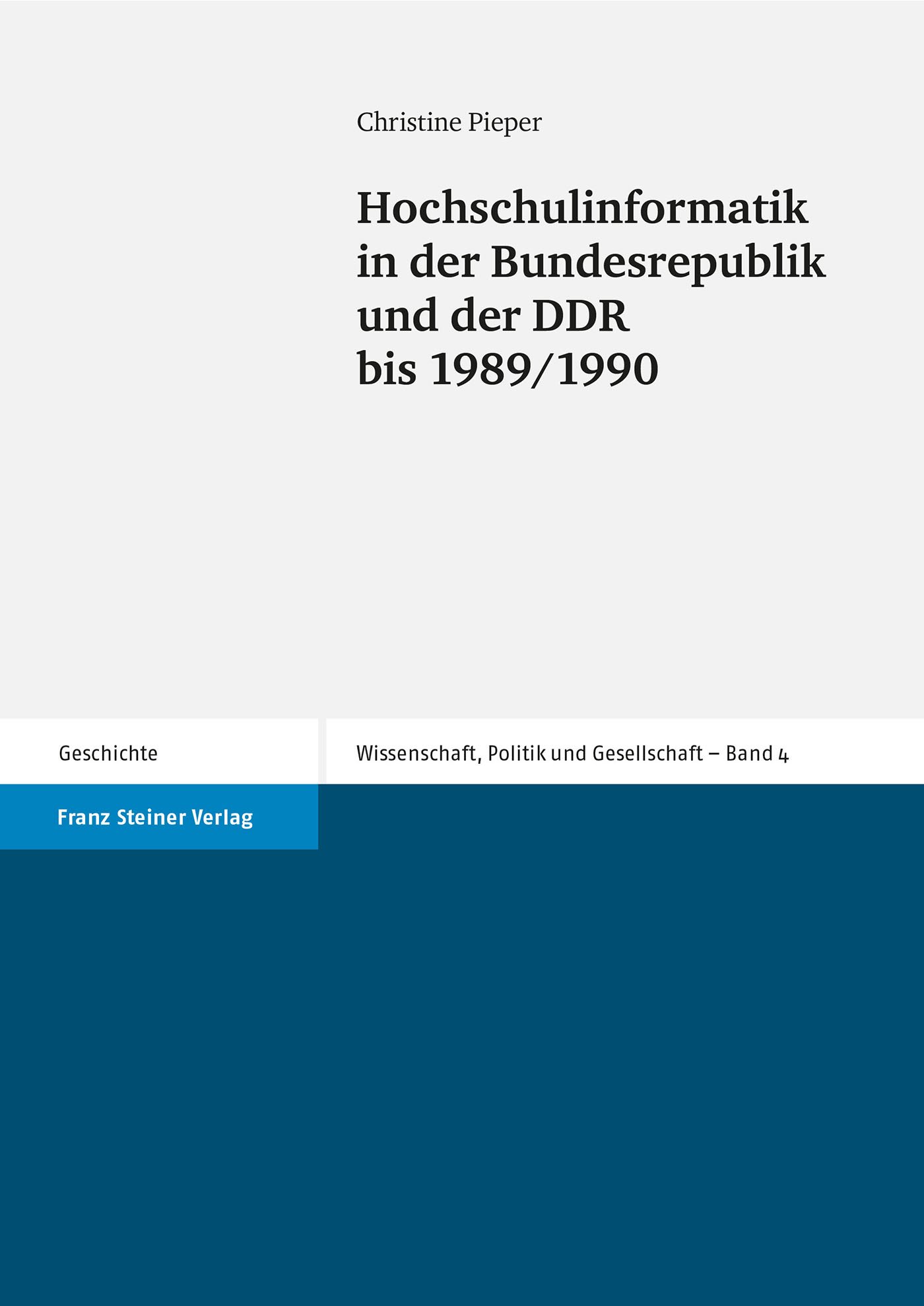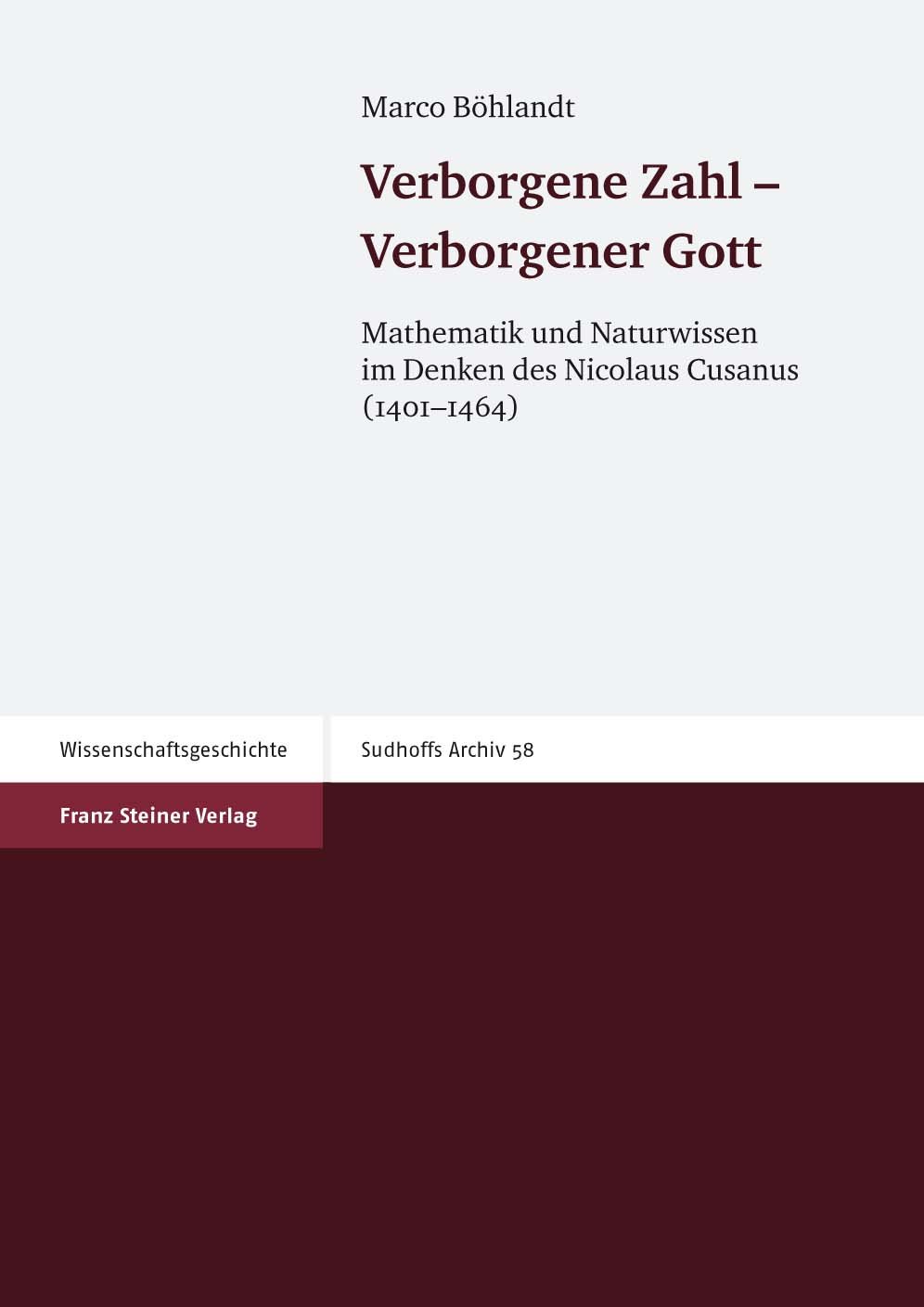Aspects of the Astrolabe
"Architectonica ratio" in tenth- and eleventh-century Europe
The astrolabe – often quoted as "the earliest computer" – is a mechanical instrument capable of performing astronomical computations. This study offers a new interpretation of its role in the Latin culture of the High Middle Ages, highlighting its epistemological significance. For Latin scholars around the year 1000, the astrolabe became the earliest, non-verbal channel to access and assimilate mathematical knowledge from the Arabic culture, and could be seen as representing a divine 'architectonical rationality' which humans could share in the mathematical experience.
The novel methodology of this work combines the results of historical and philological analyses of manuscripts and material sources with the most recent insights on different kinds of mathematical thinking. Focussing on drawings and text fragments, with a new, detailed analysis of ms. Paris BnF 7412 (11th c.), the study reconstructs the Latin high medieval mathematical experience, its non-verbal modes of communication and its relationship with both practice and philosophy.
The novel methodology of this work combines the results of historical and philological analyses of manuscripts and material sources with the most recent insights on different kinds of mathematical thinking. Focussing on drawings and text fragments, with a new, detailed analysis of ms. Paris BnF 7412 (11th c.), the study reconstructs the Latin high medieval mathematical experience, its non-verbal modes of communication and its relationship with both practice and philosophy.
| Volume | 57 |
|---|---|
| ISBN | 978-3-515-09484-9 |
| Media type | eBook - PDF |
| Edition number | 1. |
| Copyright year | 2008 |
| Publisher | Franz Steiner Verlag |
| Length | 272 pages |
| Illustrations | 31 b/w figs., 4 b/w tables |
| Language | English |
| Copy protection | digital watermark |
